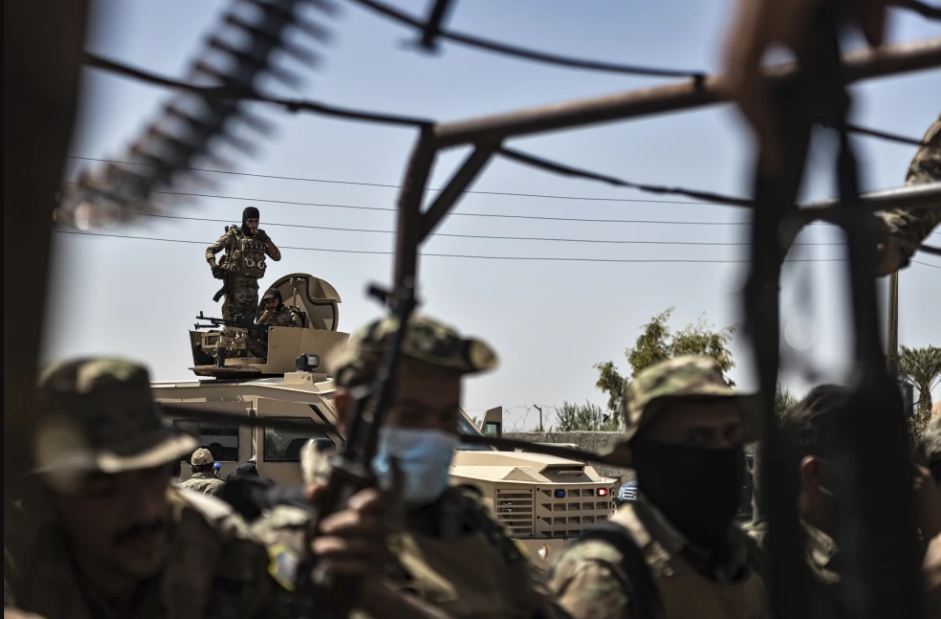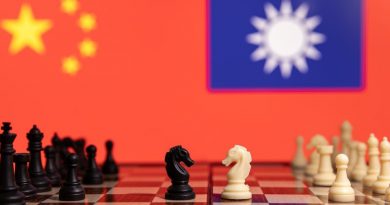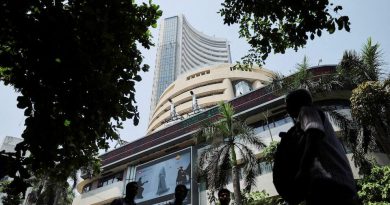US-backed Kurdish forces impose curfew in eastern Syria after new clashes with rival Arab militia
Beirut (AP) — U.S.-backed Kurdish-led forces imposed a curfew after clashes erupted again on Monday in eastern Syria, where their fighters had battled for weeks with rival Arab militiamen, Syrian media and activists reported.
The fighting in a region where hundreds of American troops are deployed has pointed to dangerous seams in a coalition that has kept a lid on the defeated Islamic State group for years.
The reports say the Syrian Democratic Forces imposed the open-ended measure in several towns in Deir el-Zour province, including the town of Ziban, close to the Iraqi border where the Americans are based. Hundreds of U.S. troops have been there since 2015 to help in the fight against the militant Islamic State group. The oil-rich province is home to Syria’s largest oil fields.
Al Mayadeen, a pan-Arab TV station, said several fighters from the Kurdish-led forces were killed after Arab gunmen took over several parts of Ziban on Monday.
The SDF in a statement Monday said the gunmen entered Ziban “under cover of random artillery shelling” from the government-held town of Mayadeen in the province.
“(SDF fighters) have facilitated the movement of civilians to safe zones in neighboring villages, ensuring their safety and preventing the mercenary groups from using them in their terrorist acts …” the statement added.
Britain-based opposition war monitor the Syrian Observatory for Human Rights said some of the Arab fighters had crossed from government-held areas.
Local media in the province reported that some Kurdish fighters had fled the area as the clashes intensified. There were no further details.
The Kurdish-led forces have accused the Syrian government of inciting the violence by allowing the rival Arab militiamen to crossing the Euphrates River. The clashes first erupted in late August when two weeks of fighting killed 25 Kurdish fighters, 29 members of Arab tribal groups and gunmen, as well as nine civilians, according to the Syrian Democratic Forces .
The Syrian government of President Bashar Assad in Damascus sees the Kurdish-led forces as secessionist fighters and has denounced their alliance with the United States in the war against IS and their self-ruled enclave in eastern Syria.
Meanwhile, Turkey, which has troops inside Syria, and Turkish-backed oppositions groups in Syria’s northwest, routinely clash with the Kurdish-led Syrian Democratic Forces.



